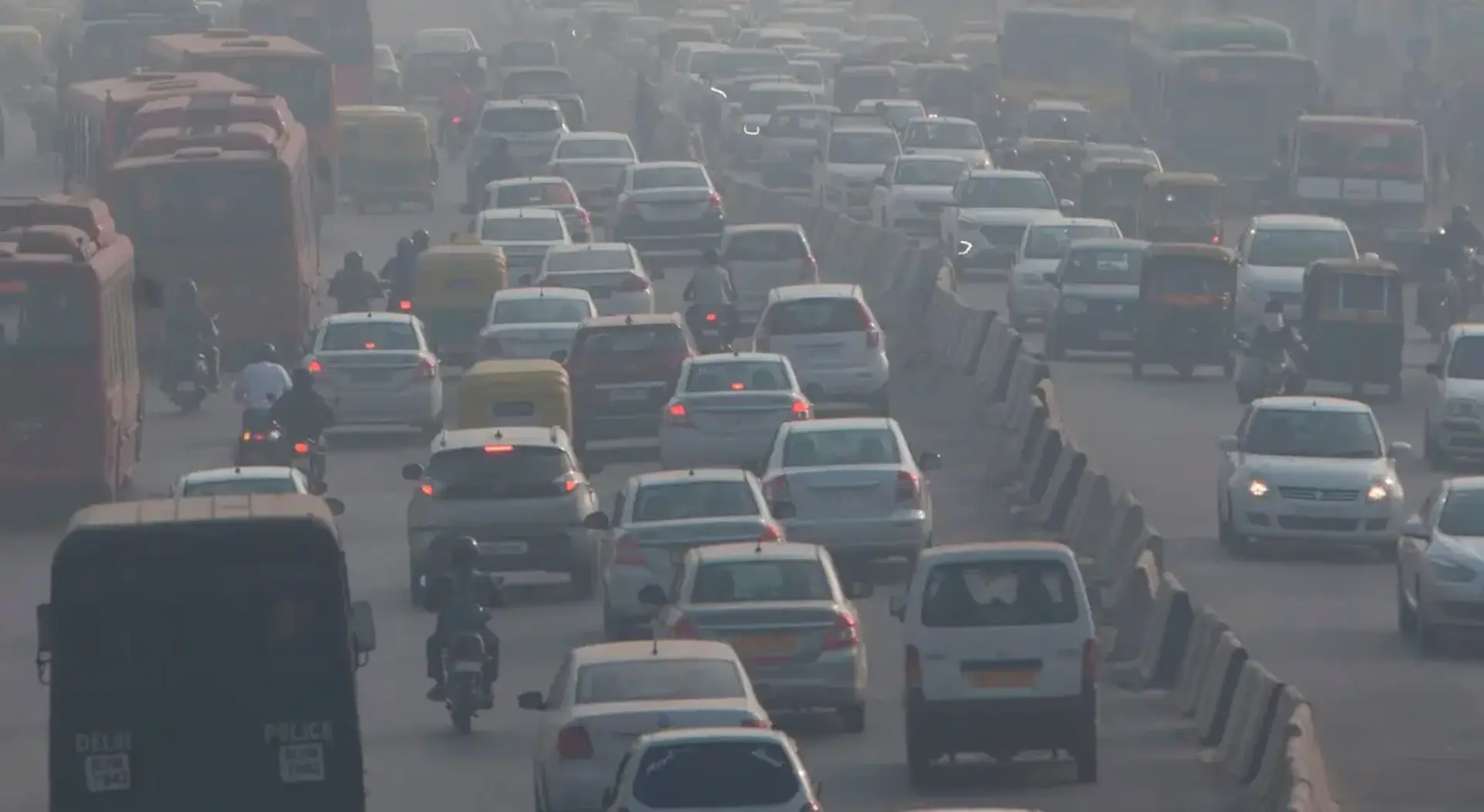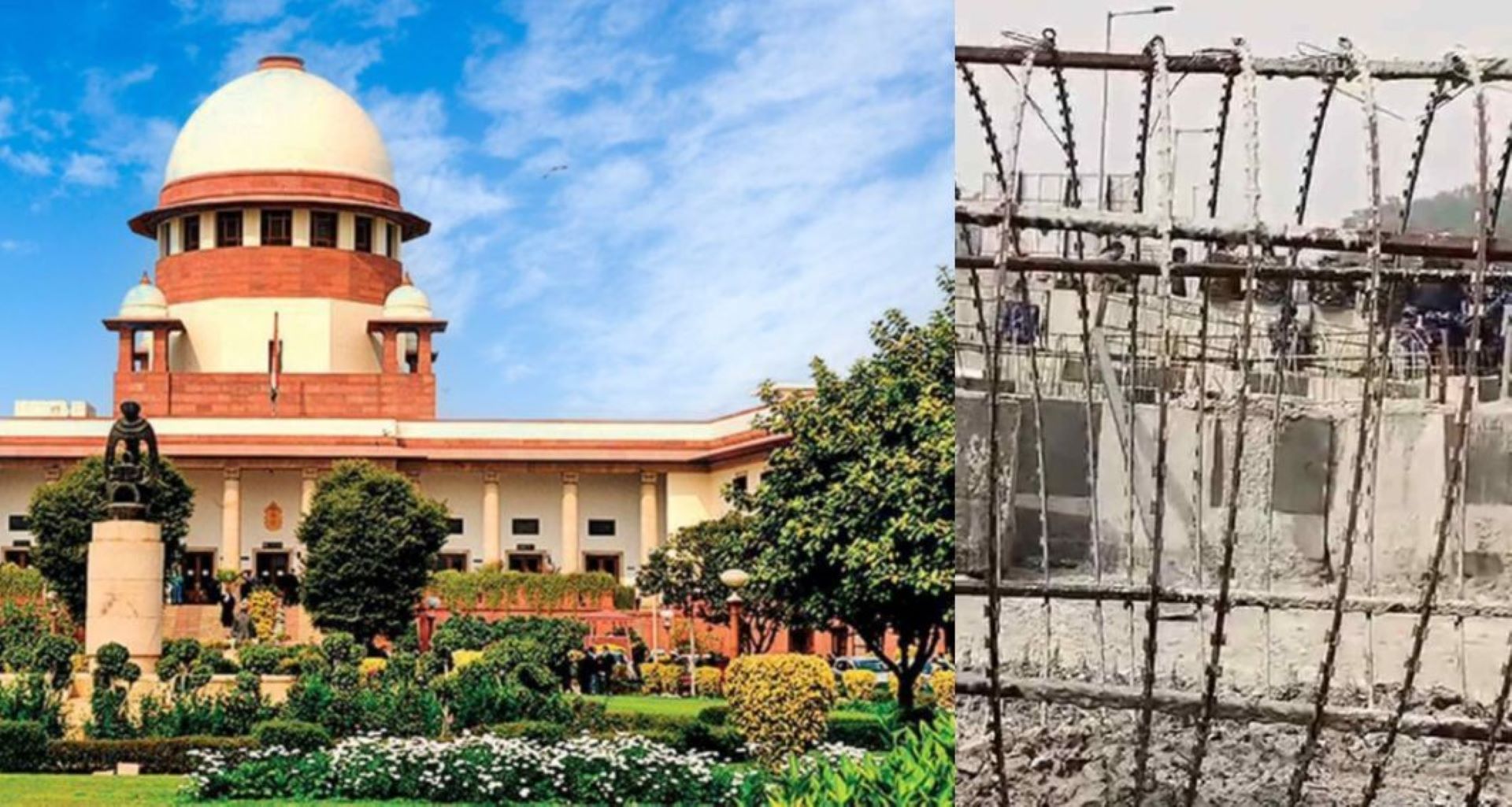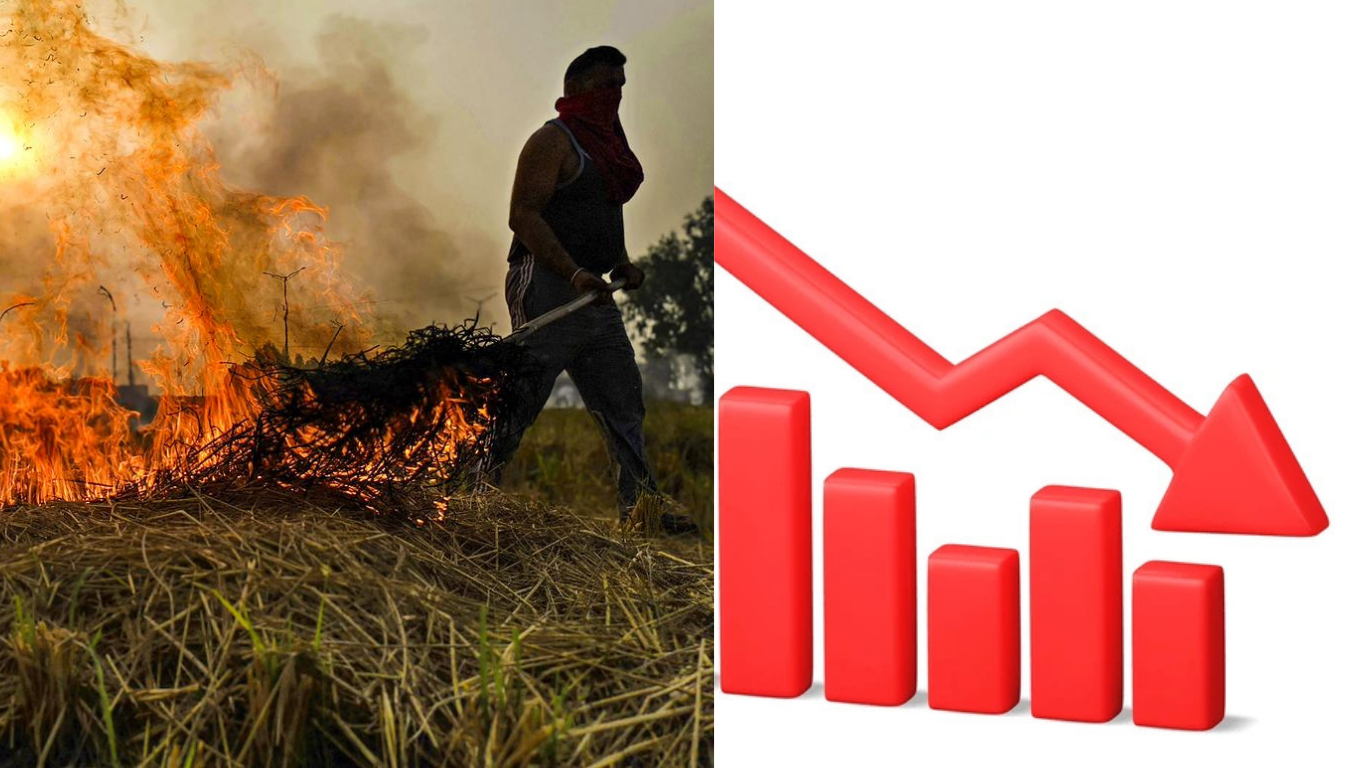
The Supreme Court of India has taken a significant step to address the ongoing farmer protests at the Shambhu border between Punjab and Haryana. On Wednesday, the court ordered both state governments to maintain the current situation at the border to prevent any escalation of tensions. This decision comes as the court plans to form an independent committee to negotiate with the protesting farmers and find a peaceful solution to their issues.
Court Recognizes Trust Deficit
During the hearing, Justice Surya Kant, who led the three-judge bench, pointed out a clear "trust deficit" between the government and the farmers. The court emphasized the need for confidence-building measures and suggested that neutral mediators could help resolve the situation. Justice Kant asked, "Have you taken any initiative to negotiate with the farmers? Your ministers might go to the farmers without realizing the local issues."
The court's recognition of this trust gap highlights the complexity of the situation and the need for a more nuanced approach to addressing the farmers' concerns.
Plans for an Independent Committee
To address this trust deficit, the Supreme Court declared its intention to form an independent committee. This panel would act as a neutral party to negotiate with the protesting farmers and work towards finding an amicable resolution to their issues. The court has asked both Punjab and Haryana to suggest names of "suitable individuals" who could be part of this committee. This move shows the court's commitment to finding a fair and balanced solution that considers the perspectives of both the farmers and the government.
Balancing Rights and Regulations
The court hearing also touched upon the broader issues of public inconvenience and the right to protest. While acknowledging the farmers' right to protest, the court also emphasized the need to keep highways open for public use. The Punjab Advocate General highlighted the economic impact of the blockade, stating that it was having "huge and grave ramifications on the economic health of Punjab because goods are not able to come to Delhi."
On the other hand, the Haryana government expressed concerns about modified tractors at the protest site, which they claim could pose law and order problems if allowed to travel to Delhi. The court, however, noted that modifying tractors is a common practice among farmers in the region and suggested that protesters might need shelter.
This balancing act by the court demonstrates its effort to respect the rights of protesters while also considering the broader public interest and safety concerns. As the situation continues to unfold, the Supreme Court's intervention offers hope for a peaceful resolution to the long-standing farmer protests. By maintaining the status quo and planning for independent mediation, the court has created an opportunity for both sides to come together and address their differences in a constructive manner.















